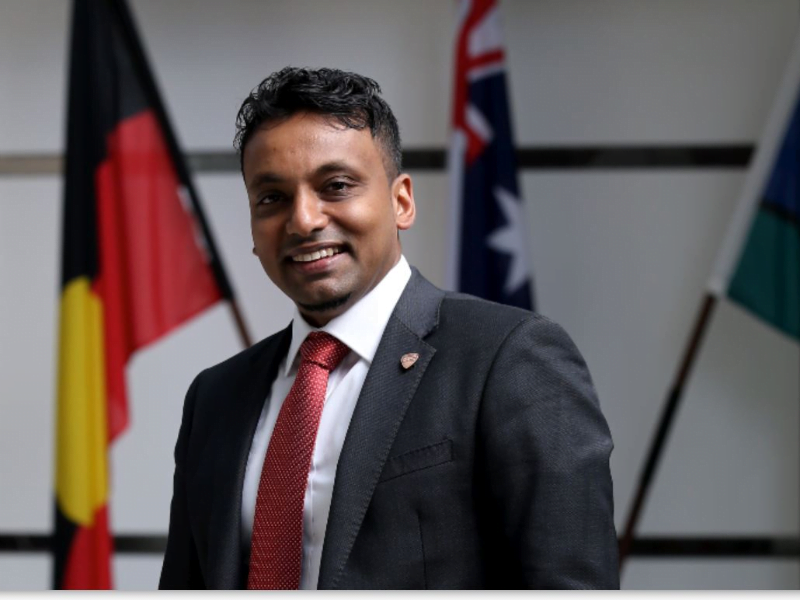The leadership team at the Australian Computer Society was so confident that changes to its corporate structure would be approved by members and be in place by the end of last year that it did not proceed with elections to replace out-going president Yohan Ramasundara.
With Mr Ramasundara’s term having expired on December 31, the ACS has been left without a President just as it enters a crucial case management phase of discussions with the federal court over its future.

Further complicating the management issue for the ACS, some state branch elections to fill vacancies on the society’s National Council were not held on the advice of the national organisation.
Adding complexity to the management headache, a vote within the National Council for a new ACS President cannot be held until the states have elected new delegates.
The December 23 Federal Court ruling invalidated a resolution passed at a special general meeting last October that would have allowed the ACS to restructure from its current status as an incorporated association under ACT law into a company limited by guarantee under the Corporations Act and regulated by ASIC.
The December 23 Federal Court ruling declared that the resolution was not valid, and that the meeting itself was invalid.
The court action was taken a group of veteran members led by ANU academic Roger Clarke. The group has been vocal in their criticism of the direction the current ACS leadership had taken the organisation – particularly in relation to a series of acquisition the society has made in the past year.
The group had objected to the proposed new structure of the organisation, saying it wrested control of the organisation away from the members it was supposed to serve and delivered it to the current management clique.
At stake is the ACS annual revenue stream of more than $36 million (2018) and its $25 million in cash assets.
Mr Clarke brought the Federal Court proceedings against the society within weeks of special general meeting.
This rebel group of members is now questioning the ACS’ management risk assessment and risk management practices, which appears to have overlooked the possibility that it would not get its restructure resolution passed at the October special general meeting, or that the vote might be ruled invalid.
In an email to members last week, the ACS management team apologised for the shortcomings identified by the Federal Court in the way the special general meeting had been conducted,
“It is clear there were a number of shortcomings identified in our processes, and for that we sincerely apologise,” the email to member said. “While we are disappointed, we respect the Court’s decision.”
ACS chief executive Andrew Johnson told InnovationAus via email that that fresh branch elections would be held as soon as practicable to get the process underway to fill the vacant President’s position.
Mr Johnson said it was still possible for the ACS to engage with the Federal Court through the case management process, despite the President’s position being vacant.
It is understood that despite the vacancies, a quorum exists on the ACS management committee and that that CEO could proceed in leading the case management process and engaging with Mr Clarke, potentially with the assistance of Mr Ramasundara as Immediate Past President.
A further court hearing is scheduled to be held by mid to late February, although no date has yet been set.
Do you know more? Contact James Riley via Email.


“Oh! What A Tangled Web We Weave When First We Practice To Deceive”